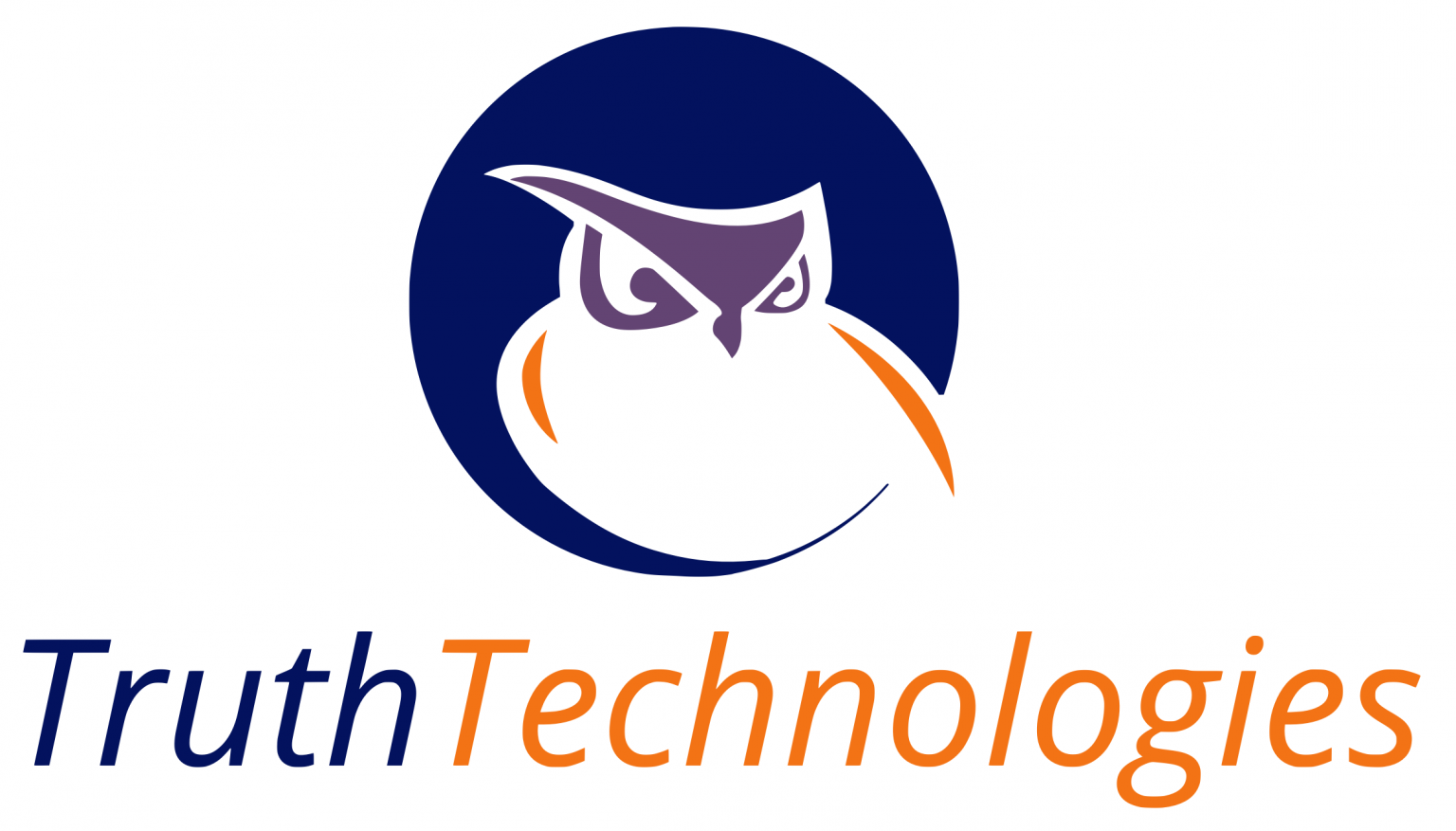Valve, the developer of the popular video game Counterstrike, has taken steps to prevent money laundering in it’s latest update to the game. Players of the multiplayer game Counterstrike: Global Offensive (CS:GO) can earn loot boxes containing cosmetic items for the game. These loot boxes would be “locked” against the player, until they either earned a key in-game or bought one for real cash on the Steam marketplace. Valve has released figures stating that around 18 million unique players enjoy the game every month, so the keys were briskly traded on the marketplace. Hundreds of thousands of loot boxes and keys have been traded via the Steam marketplace and generally sell for a few dollars each. In the beginning, these loot boxes and keys were traded legitimately between users. Unfortunately, Valve recently identified that this has changed as malicious users began to use the marketplace to launder money. The game developers have joined the anti-money laundering fight by completely shutting down the trade of keys on the marketplace.
As of the most recent update to CS:GO, players can only buy keys for loot boxes and can no longer trade the keys online. In this anti-money laundering fight, Valve will experience quite a loss in profit and may upset some of the players. However, the drastic action of shutting down key trading on the marketplace may have been necessary. Valve released a statement that recently “nearly all key purchases that end up being traded or sold on the marketplace are believed to be fraud-sourced.” The keys had a consistent price on the Steam marketplace allowing money launderers to use them as a base currency.
Read more in this article.




